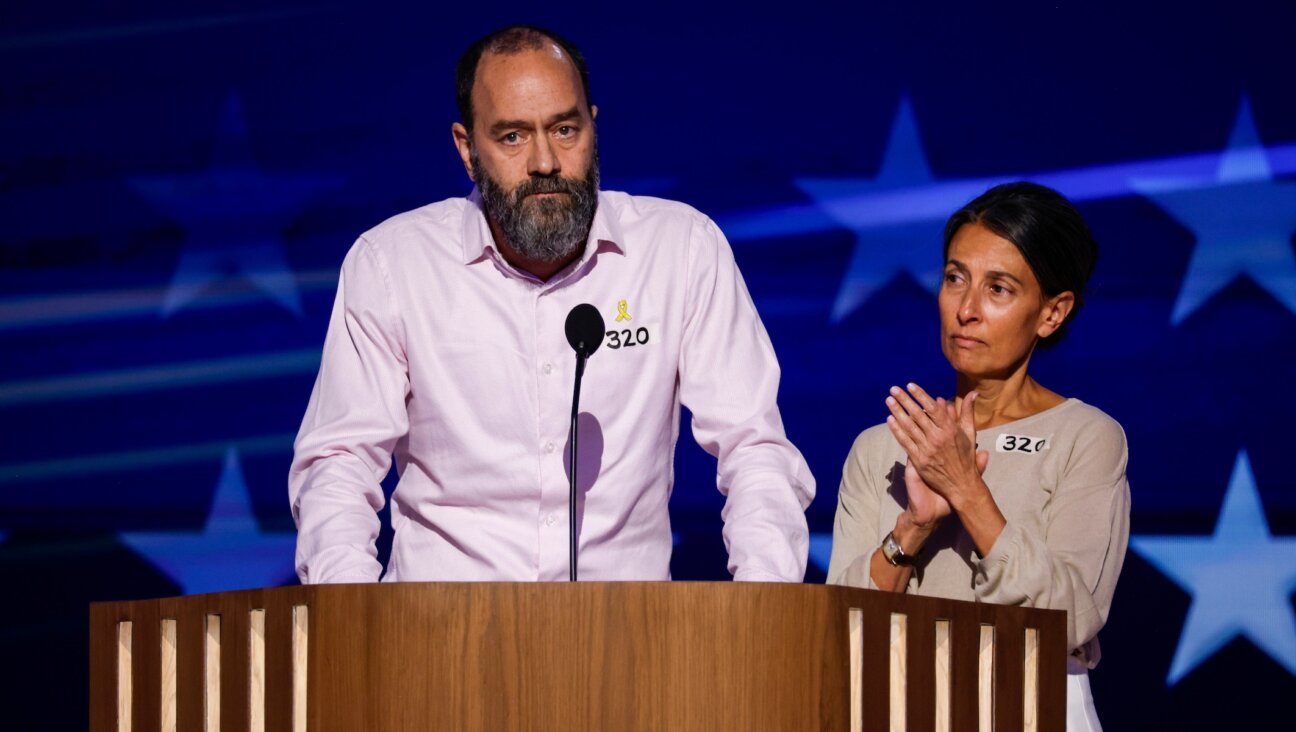A Refugee Pianist, Played by Her Daughter

Lisa Jura was a talented teenage pianist who dreamed of one day performing the Grieg piano concerto with the Vienna Philharmonic at the famed Musikverein. It was a lofty ambition, to be sure, but she had the talent and will to make it happen.
Unfortunately, it was 1938 and her life and the lives of all of Austria’s Jews were about to be turned upside down. Her story is told in “The Pianist of Willesden Lane,” a powerful, emotional drama that runs through August 24 at the 59E59 Theaters in Manhattan.
The play is especially fascinating because not only is the story true, but it is told by her daughter, Mona Golabek, an extremely talented pianist in her own right. Golabek plays her mother and all of the show’s other characters. The play is based on a book, “The Children of Willesden Lane,” written by Golabek and Lee Cohen.
To a very sad degree, the narrative is familiar. The Jura family lived a comfortable middle class existence. Lisa’s dad had a successful tailor shop. Lisa herself went every Friday for piano lessons, until the Anschluss.
Lisa’s father, Mona’s grandfather, secured one pass on the Kindertransport. Perhaps because she was so talented, Lisa — and not one of her two sisters — was awarded the prize.
At the train station before leaving for England, Lisa’s mother tells her: “Never stop playing and hold on to your music.”
She does hold on and the music ultimately saves her, when the British cousin who was supposed to take her in can’t. Instead, Lisa is assigned as a seamstress at an upper crust estate in Brighton that has a piano, but only for show. She’s told it’s never to be played.
After several months she bravely leaves Brighton, only 14 years old and on her own, returns to the Kindertransport headquarters in London and, barging into his office, tells the director:
“I want to bring my family to London … I play the piano and I am going to make something of life … and I need you to help me.”
Impressed by her brazenness, he places her in a youth hostel located on the titular Willesden Lane. There, with other Kindertransport children, she has an opportunity to reclaim at least part of her life — the Friday night meals she remembers, and a piano that’s always available to her.
Eventually with the support of those around her, she applies for and receives a scholarship to the Royal Academy. About three years later, under the aegis of the teachers there, Lisa fulfills her dream and plays Grieg at a London concert hall.
Golabek is extremely effective in getting across her mother’s passion for music. She accentuates that with her own exquisite playing throughout the show, mostly classical, but including some music by Gershwin as well.
She evokes the tension her mother no doubt fell as a young teenager alone, not knowing if anyone in her family is still alive.
Mona is less successful depicting other characters — her music professor, Mrs. Cohen, who runs the hostel, the Kindertransport director and others — who tend to sound and look very much alike.
Also, the 90-minute production ends a bit abruptly. At the concert Lisa’s two sisters miraculously are in the audience. She gets a visa to the U.S. and eventually marries a French resistance fighter she’d met in London.
It’s all tied up in neat and very pretty bow, as though she had to rush to explain it all before union overtime kicked in.
I was left the theater wanting to know more about Lisa’s life in the States. What role did music play in her life in this country? There’s mention of another daughter. Is Mona’s sister musically gifted, as well?
The staging is simple but effective, just a Steinway grand and empty frames on which photos and videos flash as needed, and steps on either side of the stage representing Lisa’s home and the hostel.
Golabek, under the direction of Hershey Felder, who also adopted the work for stage, does an excellent job bringing it to life. It’s not flawless, but it is close enough.
A message from our Publisher & CEO Rachel Fishman Feddersen

I hope you appreciated this article. Before you go, I’d like to ask you to please support the Forward’s award-winning, nonprofit journalism so that we can be prepared for whatever news 2025 brings.
At a time when other newsrooms are closing or cutting back, the Forward has removed its paywall and invested additional resources to report on the ground from Israel and around the U.S. on the impact of the war, rising antisemitism and polarized discourse.
Readers like you make it all possible. Support our work by becoming a Forward Member and connect with our journalism and your community.
— Rachel Fishman Feddersen, Publisher and CEO























